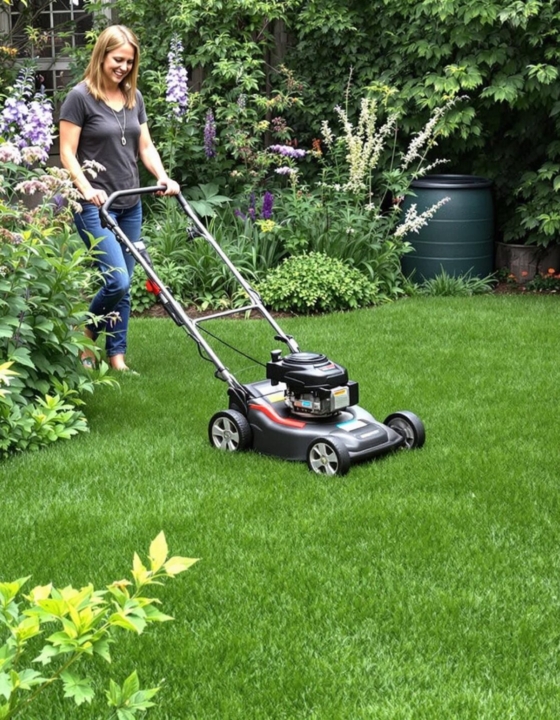It is good to have some strategies for saving money in the summer, as expenses can add up quickly, from travel to eating out. Here are some practical tips to help you save during the warmer months.
1. Energy Efficiency
Ceiling fans and portable fans consume less energy than air conditioning. Use them to circulate air and keep your home cool. Set your thermostat a few degrees higher when you’re not home. Use programmable thermostats to manage energy use efficiently.
Use curtains, blinds, or reflective window film to block direct sunlight and reduce cooling costs.
Use a grill or an outdoor kitchen to keep your home cooler and reduce air conditioning use.
2. Transportation Savings
Share rides with friends or coworkers, or bike to work and local destinations to save on gas.
Ensure your car is well-maintained to improve fuel efficiency. Regular oil changes, tire inflation, and engine tune-ups can save money on gas.
Use buses, trains, or other public transportation options to reduce the costs associated with driving.
3. Conserve Water
Water your lawn early in the morning or late in the evening to minimize evaporation. Use a rain barrel to collect and reuse rainwater. Adjust your landscaping with mulch and rocks to reduce how much grass needs to be watered.
Repair leaky faucets and pipes to prevent water waste and reduce your water bill.
Take shorter showers and consider installing low-flow showerheads to save on water and energy bills.

4. Shop Smart
Look for coupons, sales, and and loyalty programs. Shop during seasonal sales for the best deals.
Purchase non-perishable items in bulk to save money in the long run. Look for summer sales and stock up on essentials.
Find clothing, furniture, and other items at thrift stores or garage sales. Summer is a prime time for garage sales.
Purchase necessities from Amazon Subscribe & Save, such as toilet paper, snacks, and other basics that you use a lot of.
5. Affordable Activities
Look for free or low-cost events in your community, such as outdoor concerts, festivals, and farmers’ markets.
Host potluck dinners, game nights, or movie nights at home instead of going out.
Take advantage of local parks, hiking trails, and beaches for free outdoor activities.
6. Vacation Savings
Explore local attractions and enjoy your time off without the expense of travel. Discover nearby parks, museums, and hidden gems.
If you travel, look for last-minute deals, use travel rewards points, and book during off-peak times to save on flights and accommodations. Consider cheaper options, such as Airbnbs.
7. Food and Dining
Start a vegetable garden or join a community garden to grow your own produce and save on grocery bills.
Plan meals ahead of time to reduce food waste and avoid last-minute takeout orders. Use a shopping list to avoid impulse buys. Cook in bulk and prepare for the week as well as lunches to bring to work and freezer meals.
Bring your lunch to work or on outings to save money compared to dining out.

8. DIY Projects
Take on simple DIY home maintenance and repair projects instead of hiring professionals.
Find creative and affordable hobbies like knitting, painting, or woodworking that you can enjoy at home.
9. Energy Efficiency
Unplug electronics and chargers when they’re not in use to save on electricity.
Replace incandescent bulbs with energy-efficient LEDs to reduce electricity consumption.
Use solar power when possible, with solar panels, solar lights, and so on.
10. Health and Fitness
Exercise outdoors instead of paying for a gym membership. Activities like running, cycling, and hiking are free and enjoyable in the summer.
Make your own iced teas, lemonades, and smoothies at home instead of buying expensive drinks from cafes. Try getting creative with things like infused water.
By incorporating these tips into your daily routine, you can enjoy your summer while keeping your budget in check.







What do you think?